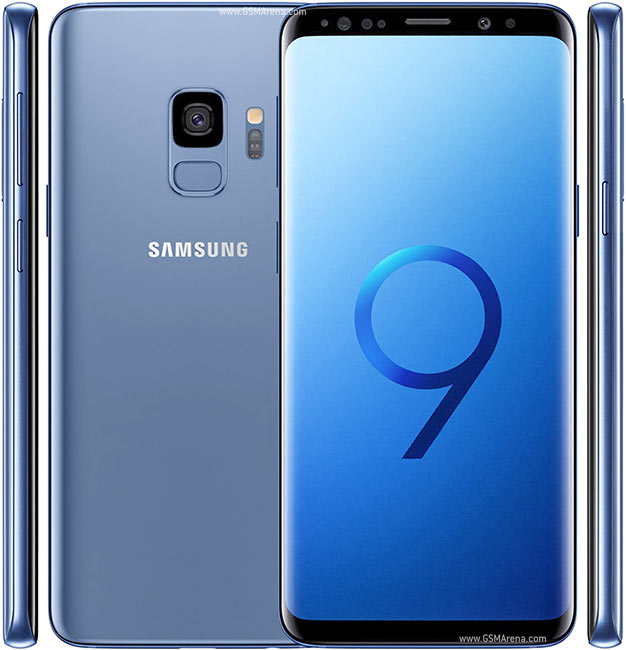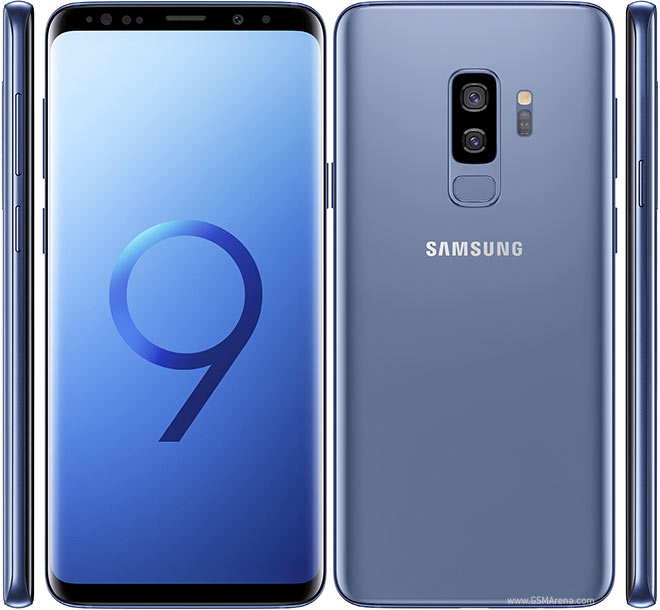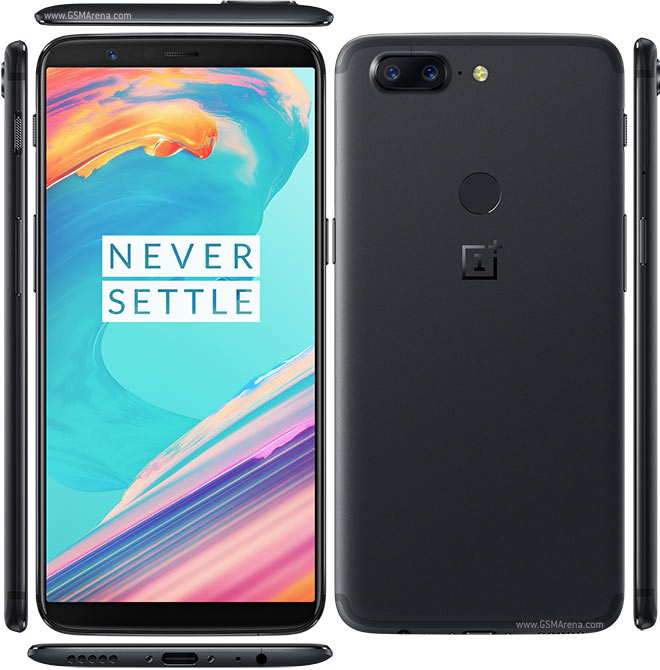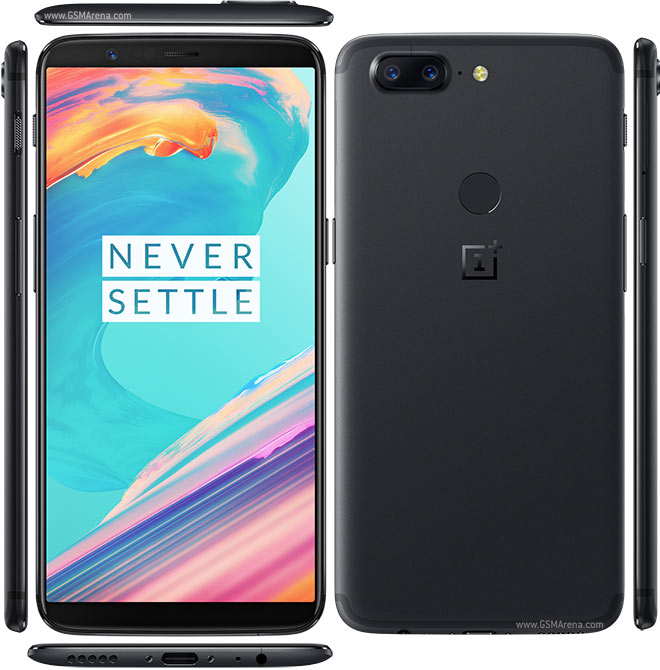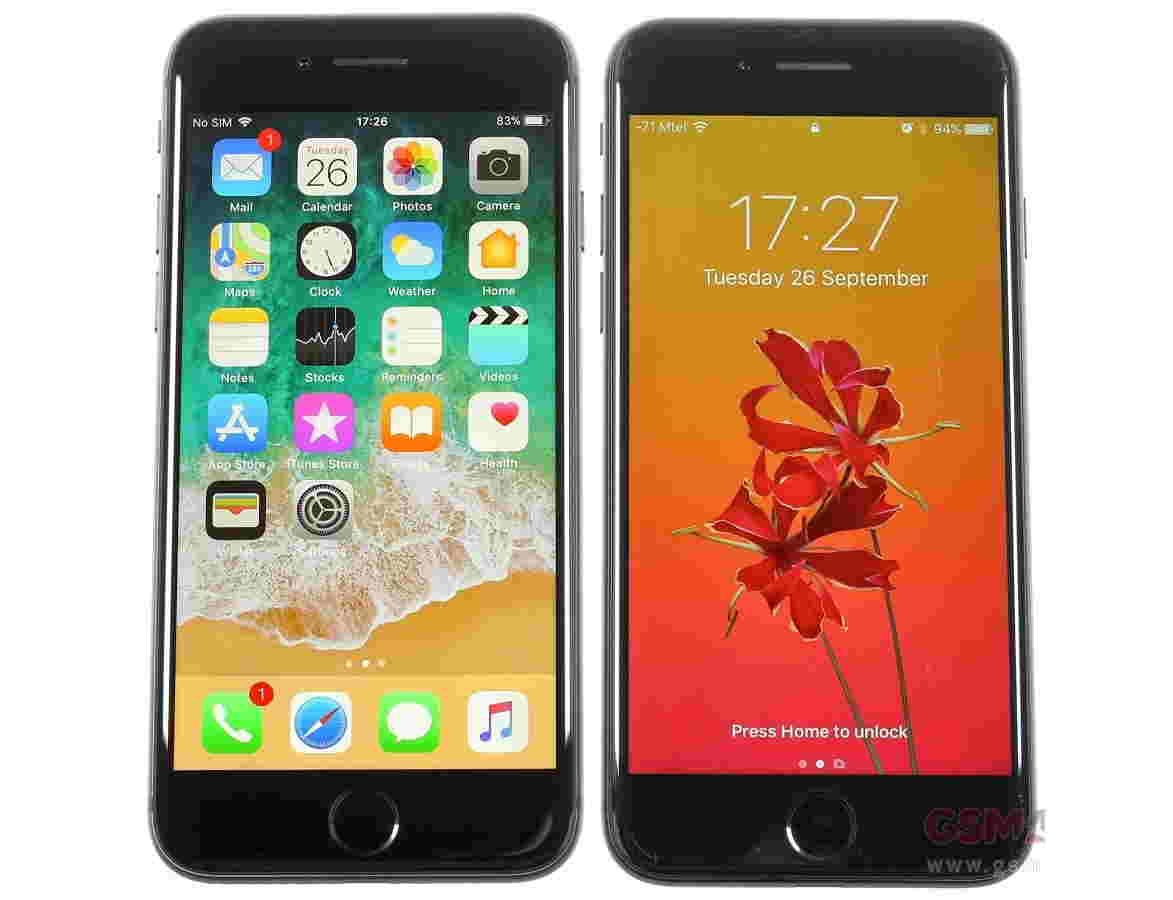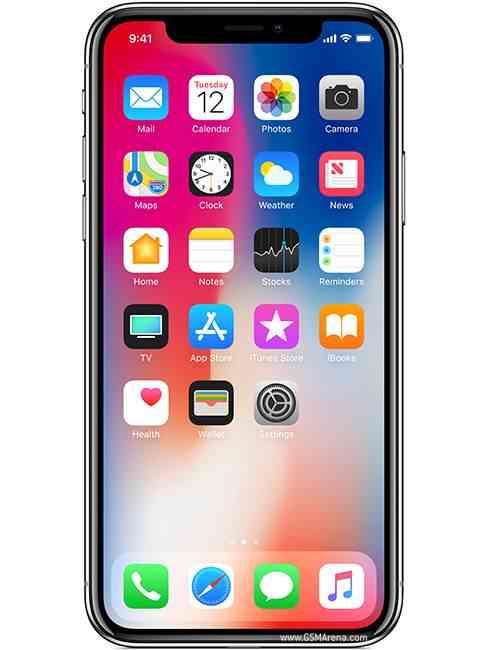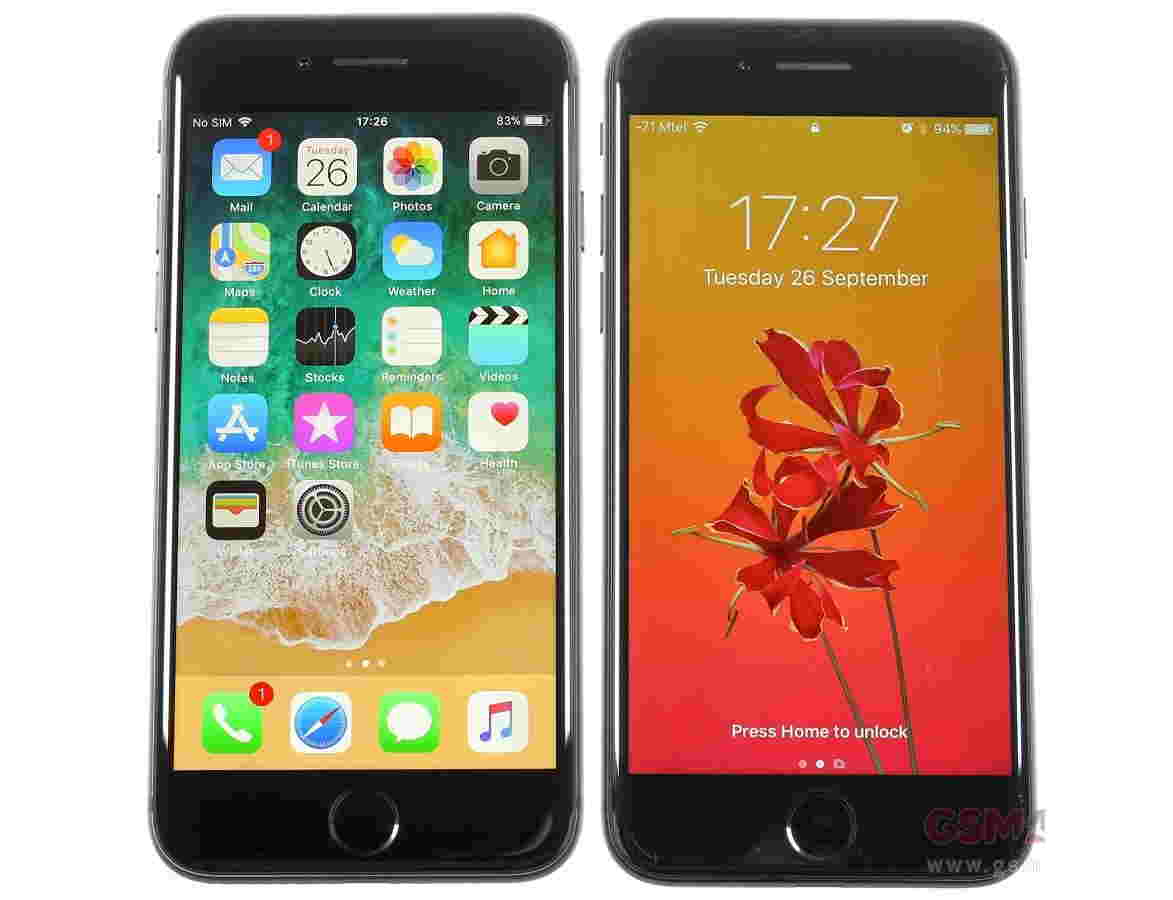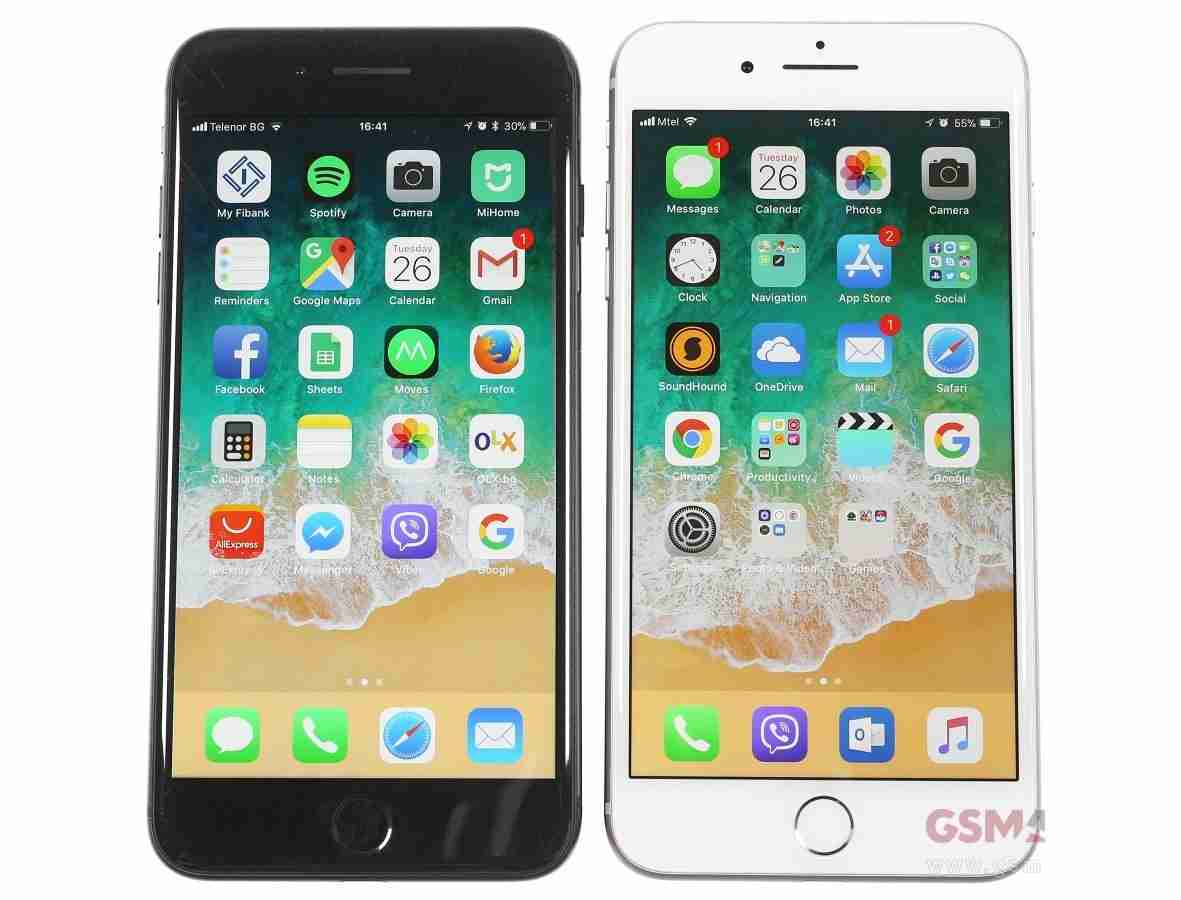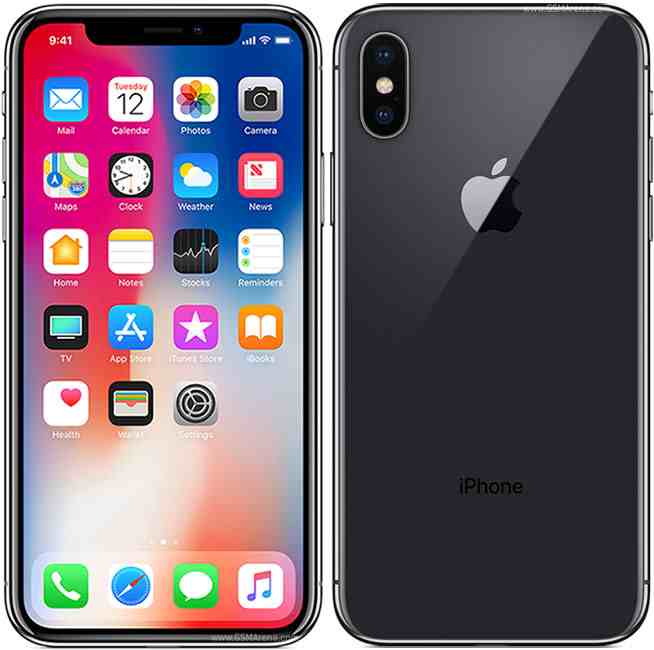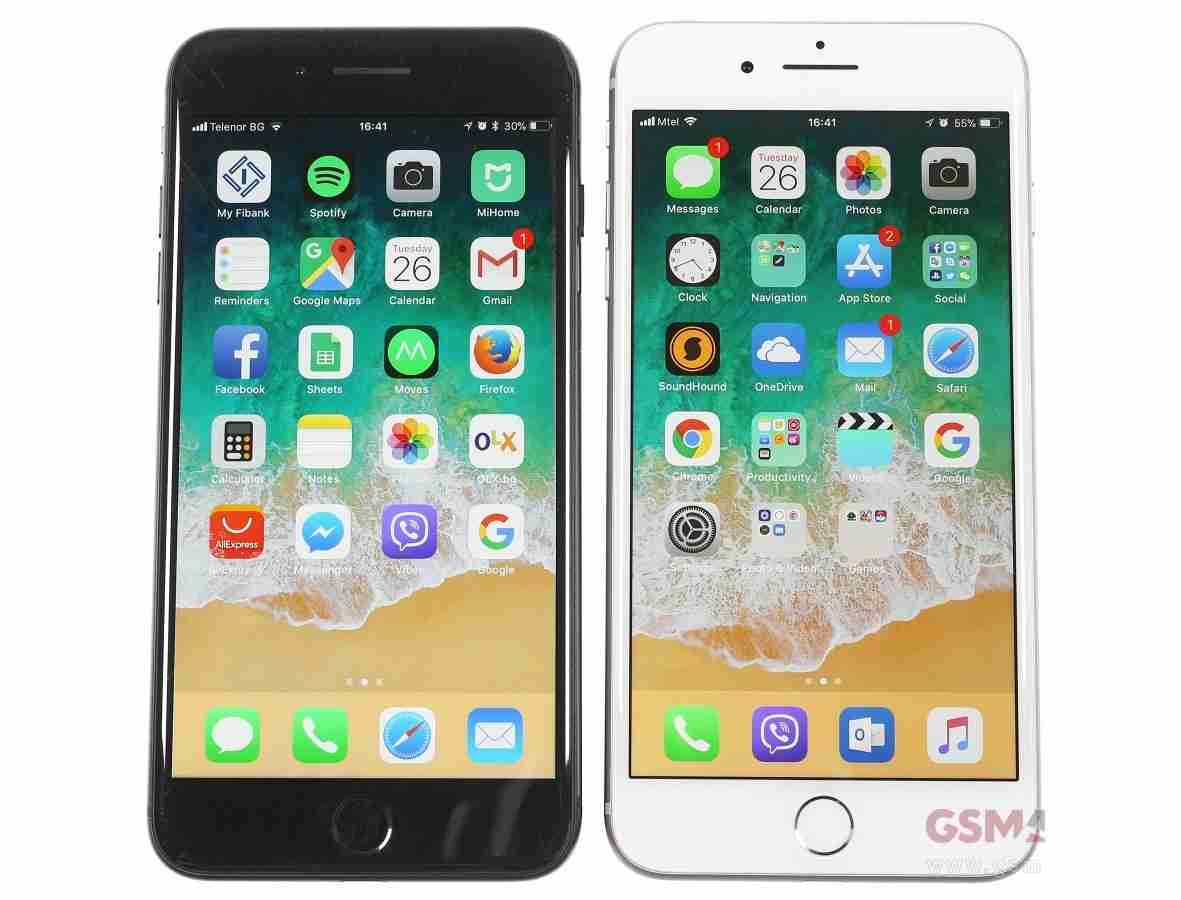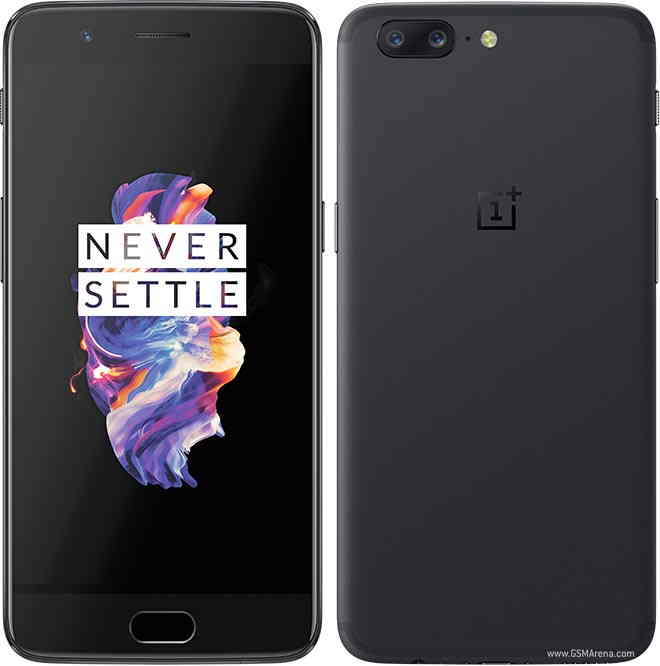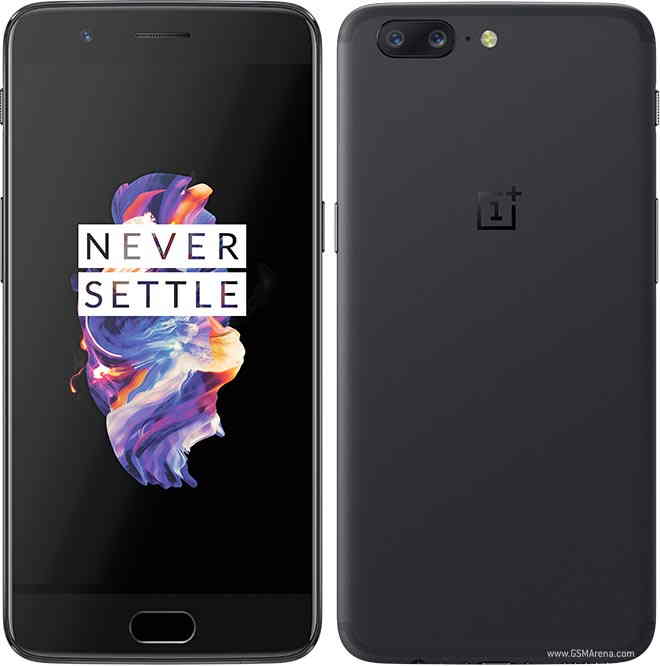
Apple and Samsung are the two biggest smartphone makers in the world. It's no wonder that, year after year, each tries to outdo the other with their flagship devices. Earlier this year Samsung introduced its Galaxy S8 model, which featured a beautiful edge-to-edge display and plenty of RAM that had most Android fans drooling. Apple's 2017 flagship, on the other hand, isn't released until November 3rd–but it will be intensely compared with the S8. Like the S8, the iPhone X also has an edge-to-edge display, but it has additional features the S8 does not: like an insanely fast A11 Bion chipset and an incredible dual lens camera system. So just how do the two devices compare? Let's take a look.
iPhone X vs Galaxy S8: Specs
Here are the specs for the iPhone X:
- Display: 5.8in OLED display with a 2436x1125 resolution at 458 ppi
- Dimensions: 143.6mm x 70.9mm x 7.7mm
- Weight: 174 grams
- Storage: 64 or 256GB
- Memory: 3 GB RAM
- Processors: A11 Bionic chip
- Front camera: 7 MP photos and 1080p video
- Rear camera: Dual 12MP wide-angle and telephoto cameras, Dual optical image stabilisation, Optical zoom, 4K video
- Battery: 2716 mAh, Wireless charging
And here are the specs for the Galaxy S8:
- Display: 5.8in display with a 2960 x 1440 resolution at 570 ppi
- Dimensions: 148.9 x 68.1 x 8.0 mm
- Weight: 155 grams
- Storage: 64GB, plus support for microSD cards up to 256GB
- Memory: 4 GB RAM
- Processors: Qualcomm Snapdragon 835 2.4GHz 64-bit Octa-core processor OR Samsung Exynos 8995 Octa-core CPU - region dependent
- Front camera: 8MP and 1080p HD video
- Rear camera: 12 MP, 4K video
- Battery life: 3000 mAh, Wireless charging
Both phones come in 64GB models, but only the iPhone X also offers the high-end-tier of 256GB. On the other hand, the S8 supports microSDXC cards up to 256GB. If you take its storage expansion capabilities into account, your S8 could actually offer more storage than the high-end iPhone X.
The S8 also has more RAM. It features 4GB of memory, versus the 3GB found in the iPhone X. However, while many see the RAM as the main factor in determining a smartphone’s speed, it’s actually not as clear-cut as that. What really matters is how well the RAM and CPU together work with the software. And on the front the iPhone X with its A11 Bionic chip with neural engine. If the A11 had legs it would literally run circles around the Qualcomm Snapdragon 835 found in the S8 (and the Exynos 8995 found in some regional models).
iPhone X vs Galaxy S8: Display
Both of the flagships feature edge-to-edge displays. And both also offer 5.8in displays. However, the S8 also features a moderately higher resolution at 2960x1440 at 570 ppi versus the iPhone X’s 2436 x 1125 resolution at 458 ppi. Then again, the iPhone X’s display features a true tone panel, which means it adjusts to match the warmth of the color temperature in the room, making it easier on the eyes.
iPhone X vs Galaxy S8: Battery
The S8 has the bigger battery at 3000 mAh, but both phones should last around the same amount of time in average daily use. Both the iPhone X and the S8 also feature wireless charging, which is nice as the tech gains more adoption and wireless charging pads can be founding more places.
iPhone X vs Galaxy S8: Camera
As far as cameras go, the iPhone X beats the Galaxy S8 hands down. Yes, the S8 has the better selfie cam with its 8MP front camera (the iPhone X’ is 7MP) but when we talk about the rear cameras the iPhone X kills it. That’s because it features dual camera system with 12 MP telephoto and wide-angle lenses. The rear camera on the S8 is only a 12MP single lens system. Both do shoot 4K video, however.
iPhone X vs Galaxy S8: Cost & Verdict
The iPhone X costs £999 (64GB) and £1149 (256GB). The Galaxy S8 costs £669 for the 64GB model. Both are terrific phones, but on thing can’t be denied: the price is significantly cheaper for the Galaxy S8. For £330 less, you get a superior 5.8in display and more RAM. However, you do get superior tech for that £330 in the iPhone X as well, not least the amazing dual lens camera system and the incredibly fast and powerful A11 chipset. If it wasn’t for the iPhone X’s much higher cost, it would be the clear winner here.







